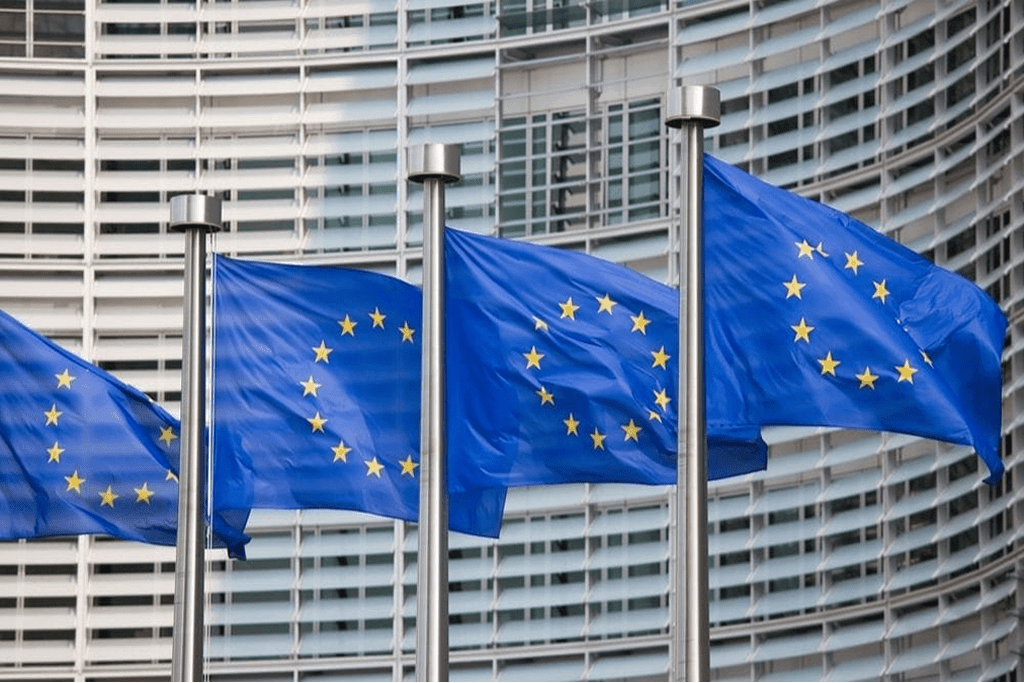
On Turkey with rift over amid, the European Union struggle to cope with migratory flows.
Last updated on February 22nd, 2023 at 07:00 am
The European Union, eager to avoid the 2015 and 2016’s migratory flows chaos, is taking action after Turkey said it would no longer abide by a 2016 agreement that prevented refugees and migrants from going to Europe.
The European Union entered into an agreement with Turkey in March 2016 to pay more than six billion euros ($ 6.6 billion) in exchange for Ankara preventing refugees and migrants on its soil from traveling to Europe.
The agreement has since reduced significantly the number of arrivals to the European Union from Turkey. The union said it is determined to keep the agreement with Ankara, which means the possibility of providing more money to it. But it is difficult to promote this among the 27 member states of the Union, at a time when they differ over the next long-term budget, starting in 2021.
European Council President Charles Michel called Turkish President Recep Tayyip Erdogan on Saturday to show solidarity with Ankara after a Russian-backed Syrian government forces air strike that killed more than 30 Turkish soldiers last week.
Relations between the European Union and Ankara have been strained since Erdogan staged a sweeping crackdown on dissidents in Turkey following a failed coup attempt on his rule in 2016.
Recently, the European Union imposed sanctions on Ankara for exploration off Cyprus. There are common borders between Greece and Turkey. The two countries exchanged accusations and criticism over the escalating tension on the border, as refugees and migrants in delegations began in large numbers during the past few days.
Charl Michel has already indicated the union’s readiness to increase humanitarian support for the Idlib region in northwestern Syria, one of the last areas controlled by an Iranian-backed opposition fighting Syrian President Bashar al-Assad’s forces backed by Moscow.
Read More:- Explosion of coronavirus has seriously affected people’s routine life in the central of Iran
The European Commission has called for an emergency meeting of immigration ministers in the countries of the European Union and said it is ready to involve the European Frontier Agency (Frontex) in helping to monitor external bloc borders with Turkey in Greece and Bulgaria.
In 2015 and 2016, huge numbers of new arrivals invaded Greece, which allowed many of them to move forward to other European Union countries. Other countries have responded by re-imposing identity checks on their borders within the European Union’s Freedom of Travel area to prevent undisciplined movement of people.
The Freedom to Travel area is a major achievement of European integration. The union wants to avoid any further collapse of the system and does not want to stoke bitter disputes between member states over who is responsible for the arrival of refugees and migrants.
In Brussels, Turkey’s decision to open the way for Europe to refugees and migrants in response to the bombing of Idlib is seen as an attempt to lure the European Union and ensure support for Turkey in the face of Russia.
German Chancellor Angela Merkel, French President Emmanuel Macron may meet Erdogan and Russian President Vladimir Putin on March 5. Merkel, Macron and the head of NATO have already expressed their concern about the humanitarian situation in Idlib and urged an end to the conflict.
To read more News from Europe




